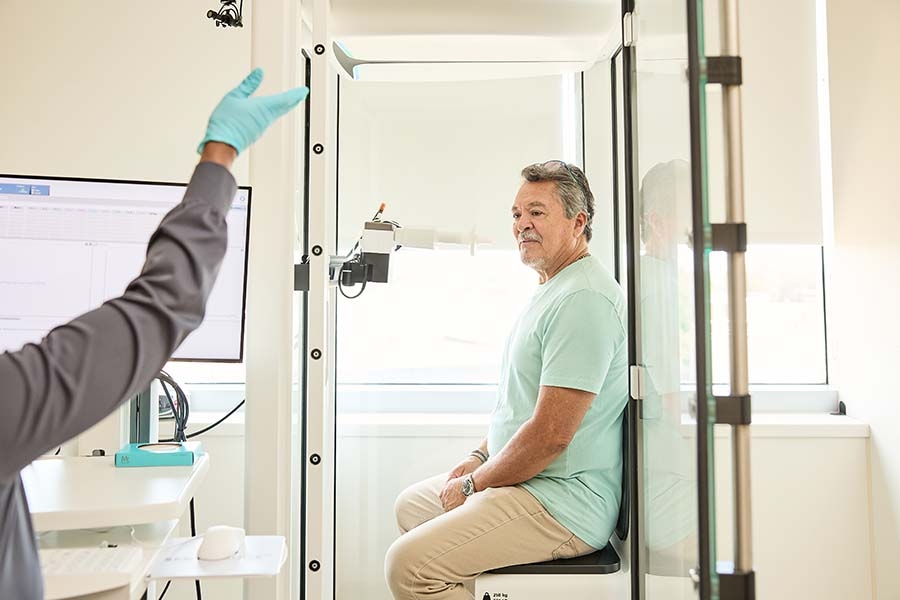Excellent medical care is available through a variety of health care providers who treat patients for ulcerative colitis or Crohn's disease. A teaching hospital offers some points of difference that may be of interest to you.
First and foremost are the senior physicians who have chosen to work at a teaching facility. Most have devoted themselves to being up-to-date about the latest types of treatment. You may find some who are even the originators of new, cutting-edge therapies. Many attending physicians at teaching institutions are good teachers. This benefits patients because these doctors will likely be good at explaining diseases and treatment options clearly and directly. Physicians in teaching hospitals are typically passionate about their fields of specialty. They are often highly specialized, having experience with even rare cases.
The environment of a teaching hospital is also unique. It is likely you'll see medical students, residents and fellows at a teaching hospital. Most patients find this level of care comforting, as there are many people looking after you at the same time. The questions trainees and students ask of both senior physicians and patients may often lead to better care. Young doctors are bright and inquisitive. Academic centers are lively, energetic places.
As a surgeon who has worked and trained in various types of facilities for patients with ulcerative colitis and Crohn's disease, I prefer an academic center for my family members when they need medical care. The combination of knowledge, research and experience gives me confidence and comfort.
You may say, "That all sounds great, but what about the wait?" My answer is twofold. First, academic medical centers are focused on the patient experience. Great efforts are continuously being made to provide care efficiently and make your visit as pleasurable and easy as possible. Second, the reason a teaching hospital is busy is the reason you want to be there. The quality of overall care is excellent. People want to go where the best care is delivered.
The information on this Site is for informational purposes only and is not intended as a substitute for medical professional help, advice, diagnosis or treatment. Always seek the advice of your physician or other qualified health care provider with any questions that you have regarding your medical care. For more information, see our Terms of Use.

